4 phần x_ 3 +2 phần x+3
Hãy nhập câu hỏi của bạn vào đây, nếu là tài khoản VIP, bạn sẽ được ưu tiên trả lời.


ĐKXĐ: \(x\ne-\dfrac{3}{2}\)
\(\dfrac{5x}{2x+3}-\dfrac{x+4}{2x+3}=\dfrac{5x-x-4}{2x+3}=\dfrac{4x-4}{2x+3}\)

gọi chiều dài,chiều rộng là:a,b
Theo bài
(a+4)(b+2)-ab=8
ab+4b+2a+8-ab=8
2a+4b+8=8
Nửa chu vi là:36:2=18
=>36+2b+8=8
44+2b=8
2b=8-44
2b=-36
b=-18
=>a là : 36
em nghĩ bài này chx chắc nên anh tham khảo

Nửa chu vi mảnh vườn là:
36:2=18(m)
Gọi chiều dài mảnh vườn là x(m)
(ĐK: 0<x<18)
Chiều rộng mảnh vườn là 18-x(m)
Chiều dài khi tăng thêm 4m là x+4(m)
Chiều rộng khi giảm đi 2m là 18-x-2=16-x(m)
Diện tích tăng thêm 8m2 nên ta có:
(x+4)(16-x)-x(18-x)=8
=>\(16x-x^2+64-4x-18x+x^2=8\)
=>-6x=8-64=-56
=>\(x=\dfrac{56}{6}=\dfrac{28}{3}\left(nhận\right)\)
Vậy: Chiều dài mảnh vườn là 28/3(m)
Chiều rộng mảnh vườn là \(18-\dfrac{28}{3}=\dfrac{26}{3}\left(m\right)\)

a: Gọi giao điểm của d với CB là K
ta có: MK\(\perp\)AC
AB\(\perp\)AC
Do đó: MK//AB
Xét ΔCAB có
M là trung điểm của CA
MK//AB
Do đó: K là trung điểm của BC
Xét ΔABC có
M,K lần lượt là trung điểm của CA,CB
=>MK là đường trung bình của ΔABC
=>\(MK=\dfrac{1}{2}AB=MN\)
=>M là trung điểm của KN
Xét tứ giác ANCK có
M là trung điểm chung của AC và NK
=>ANCK là hình bình hành
Hình bình hành ANCK có CA\(\perp\)NK
nên ANCK là hình thoi
=>CA là phân giác của góc NCB
Xét ΔABC vuông tại A và ΔMNC vuông tại M có
\(\widehat{ACB}=\widehat{MCN}\)
Do đó: ΔABC~ΔMNC
b: Xét ΔCMN vuông tại M và ΔCAD vuông tại A có
\(\widehat{MCN}\) chung
Do đó: ΔCMN~ΔCAD


a: Xét ΔOAB và ΔOCD có
\(\widehat{OAB}=\widehat{OCD}\)(hai góc so le trong, AB//CD)
\(\widehat{AOB}=\widehat{COD}\)(hai góc đối đỉnh)
Do đó: ΔOAB~ΔOCD
b: Sửa đề: cắt BC tại N
Xét ΔADC có OM//DC
nên \(\dfrac{OM}{DC}=\dfrac{AO}{AC}\)
=>\(OM\cdot AC=DC\cdot AO\)
c: Xét ΔADC có OM//DC
nên \(\dfrac{OM}{DC}=\dfrac{AO}{AC}\)(1)
Xét ΔBDC có ON//DC
nên \(\dfrac{ON}{DC}=\dfrac{BO}{BD}\left(2\right)\)
Ta có: ΔOAB~ΔOCD
=>\(\dfrac{OA}{OC}=\dfrac{OB}{OD}\)
=>\(\dfrac{OC}{OA}=\dfrac{OD}{OB}\)
=>\(\dfrac{OC+OA}{OA}=\dfrac{OD+OB}{OB}\)
=>\(\dfrac{AC}{OA}=\dfrac{BD}{OB}\)
=>\(\dfrac{OA}{AC}=\dfrac{OB}{BD}\left(3\right)\)
Từ (1),(2),(3) suy ra OM=ON
=>O là trung điểm của MN

While robots and AI can enhance educational experiences by providing personalized learning and instant feedback, they cannot replace the emotional intelligence, empathy, and motivational skills of human teachers. The role of teachers is not just to impart knowledge, but also to inspire, guide, and understand students’ diverse needs and backgrounds. Technology can be a powerful tool in education, but the human element is irreplaceable in fostering a nurturing and creative learning environment. Therefore, robots may become assistants in the classroom, but they will not replace the essential human touch that teachers provide.
I believe that while technology and automation can enhance the educational experience, robots will not completely replace teachers in schools. Teachers play a crucial role in not just imparting knowledge but also in fostering critical thinking, empathy, and social skills in students. These are aspects that robots, no matter how advanced, may struggle to replicate. Additionally, the human element in teaching is irreplaceable when it comes to providing personalized support and motivation to students. While robots can assist in certain tasks, the unique qualities that teachers bring to the classroom make them indispensable in the education system.
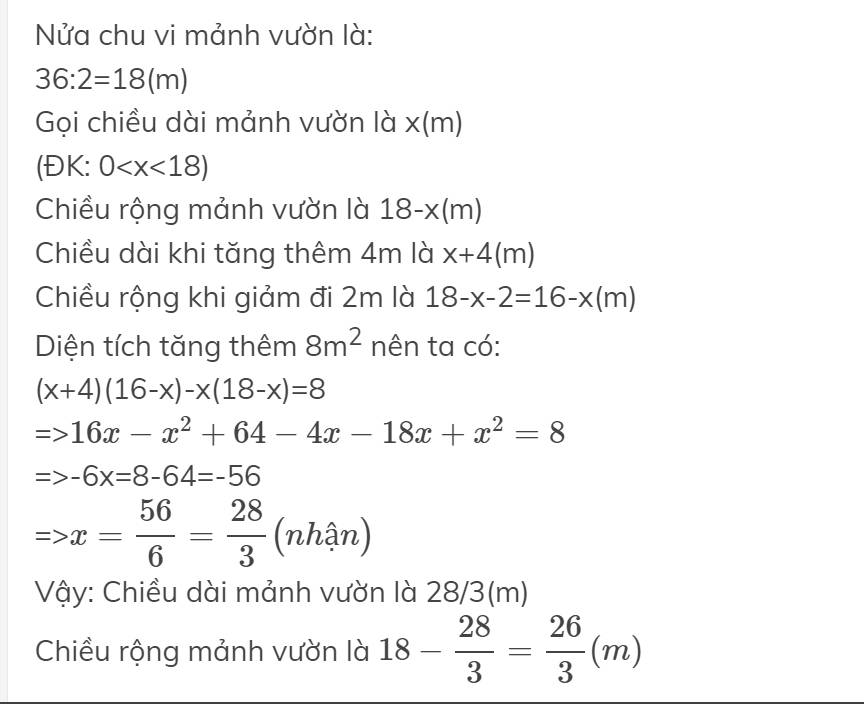
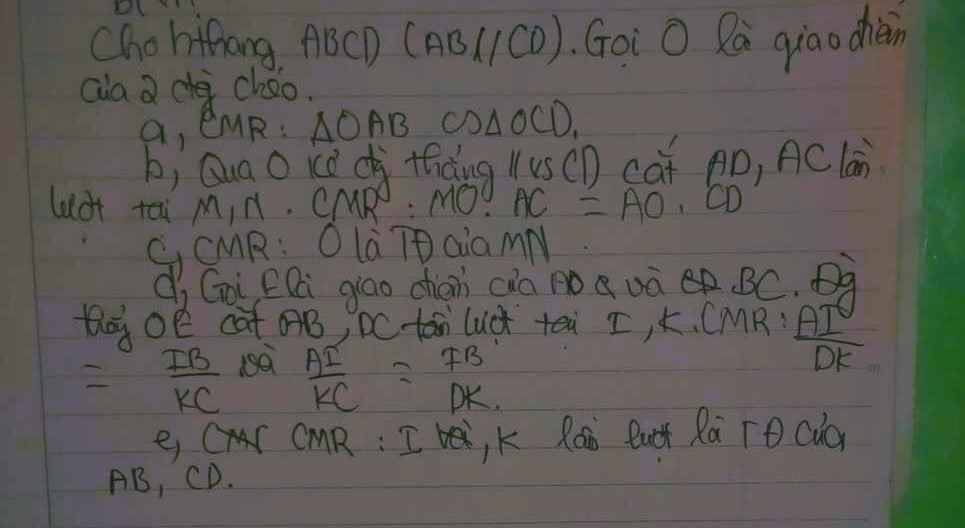
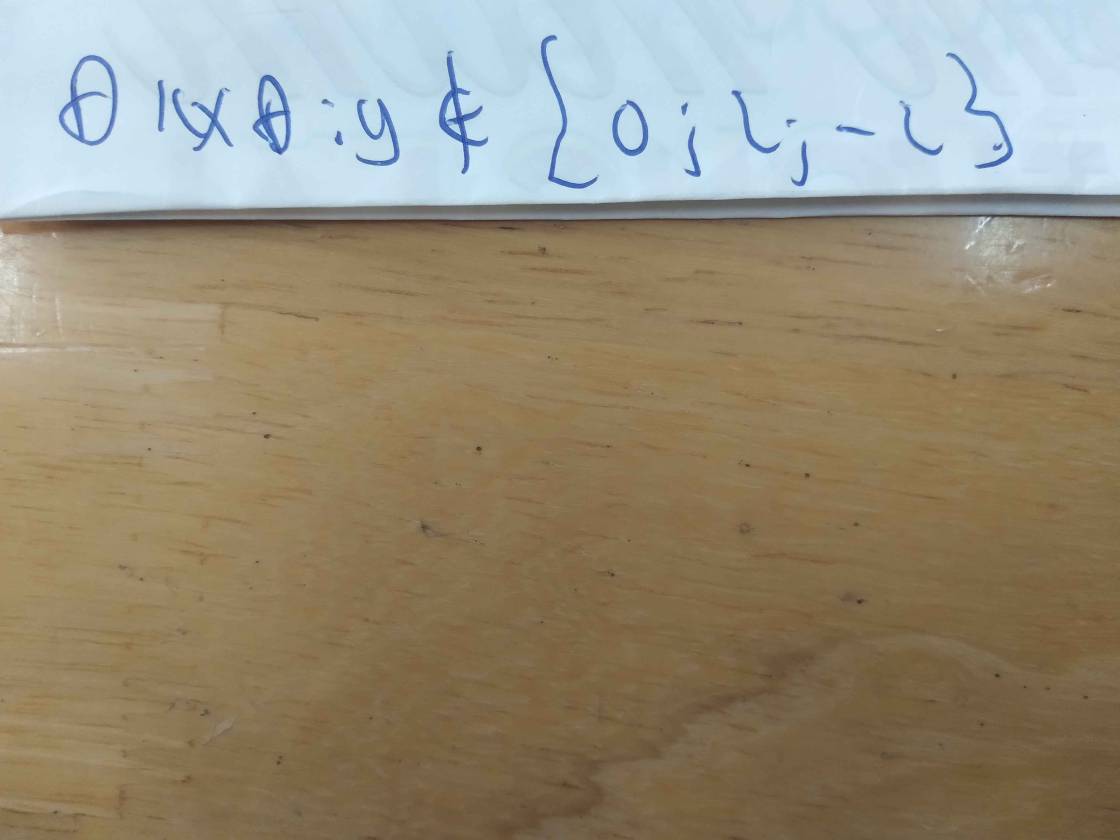
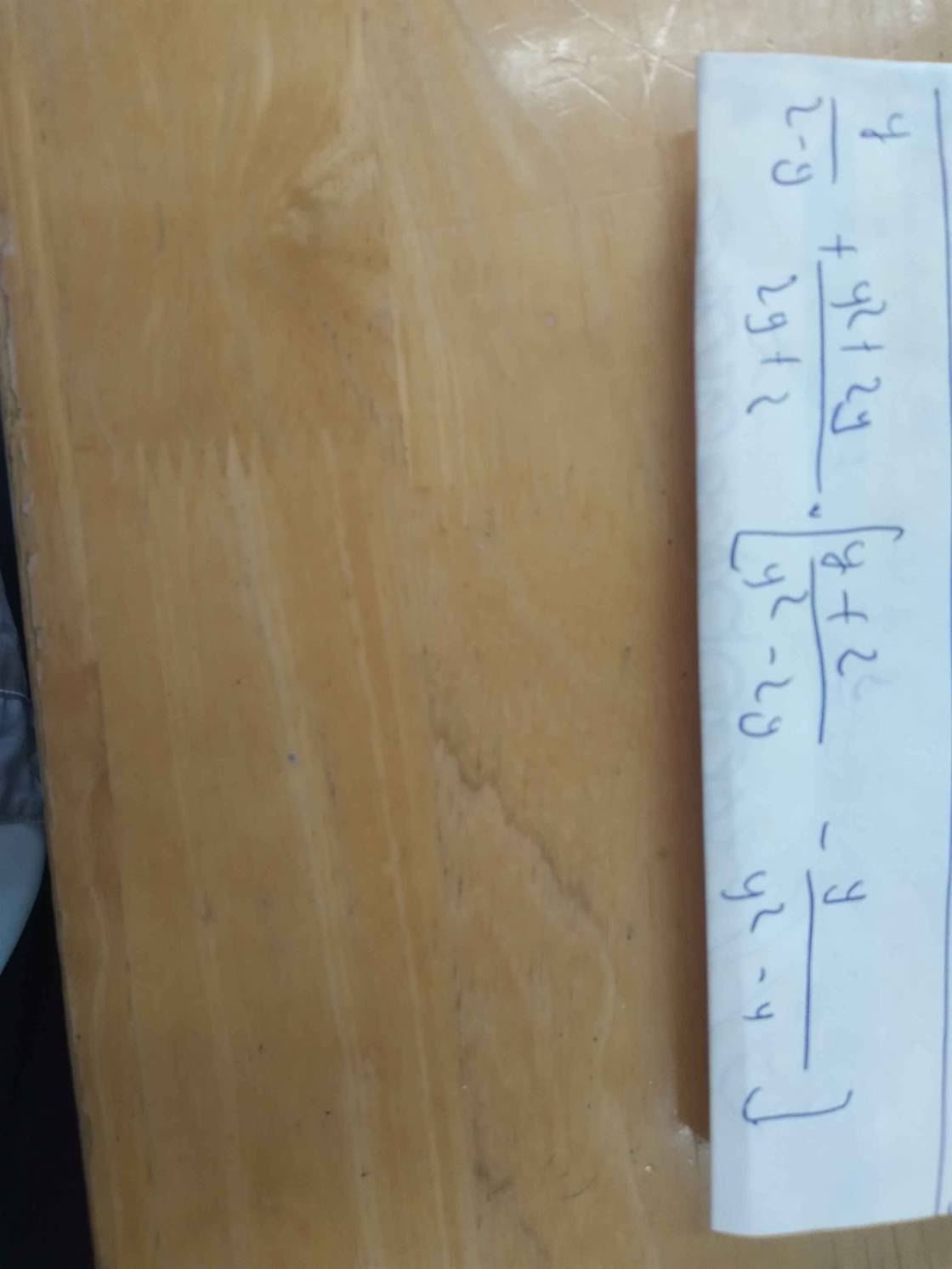
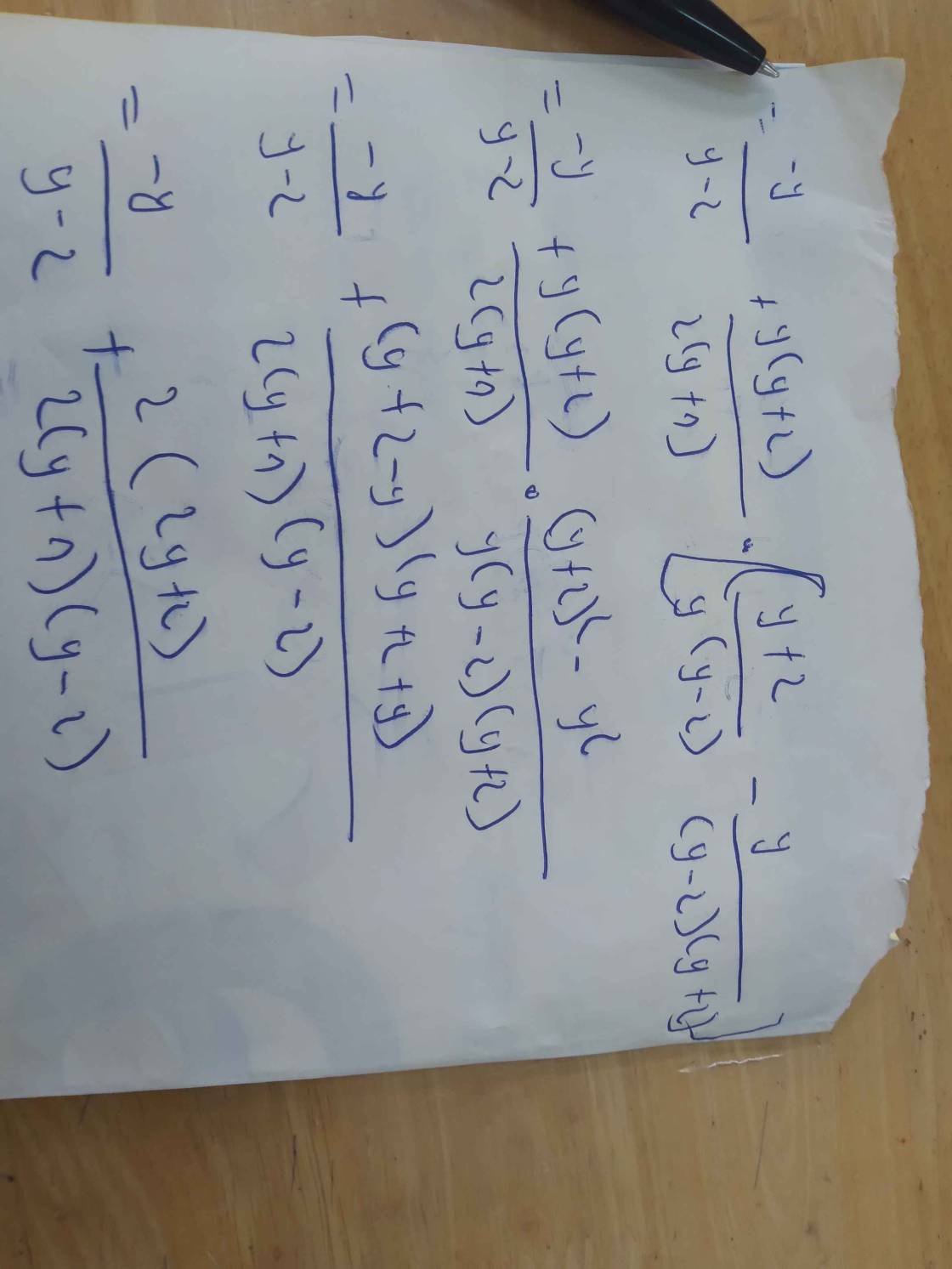
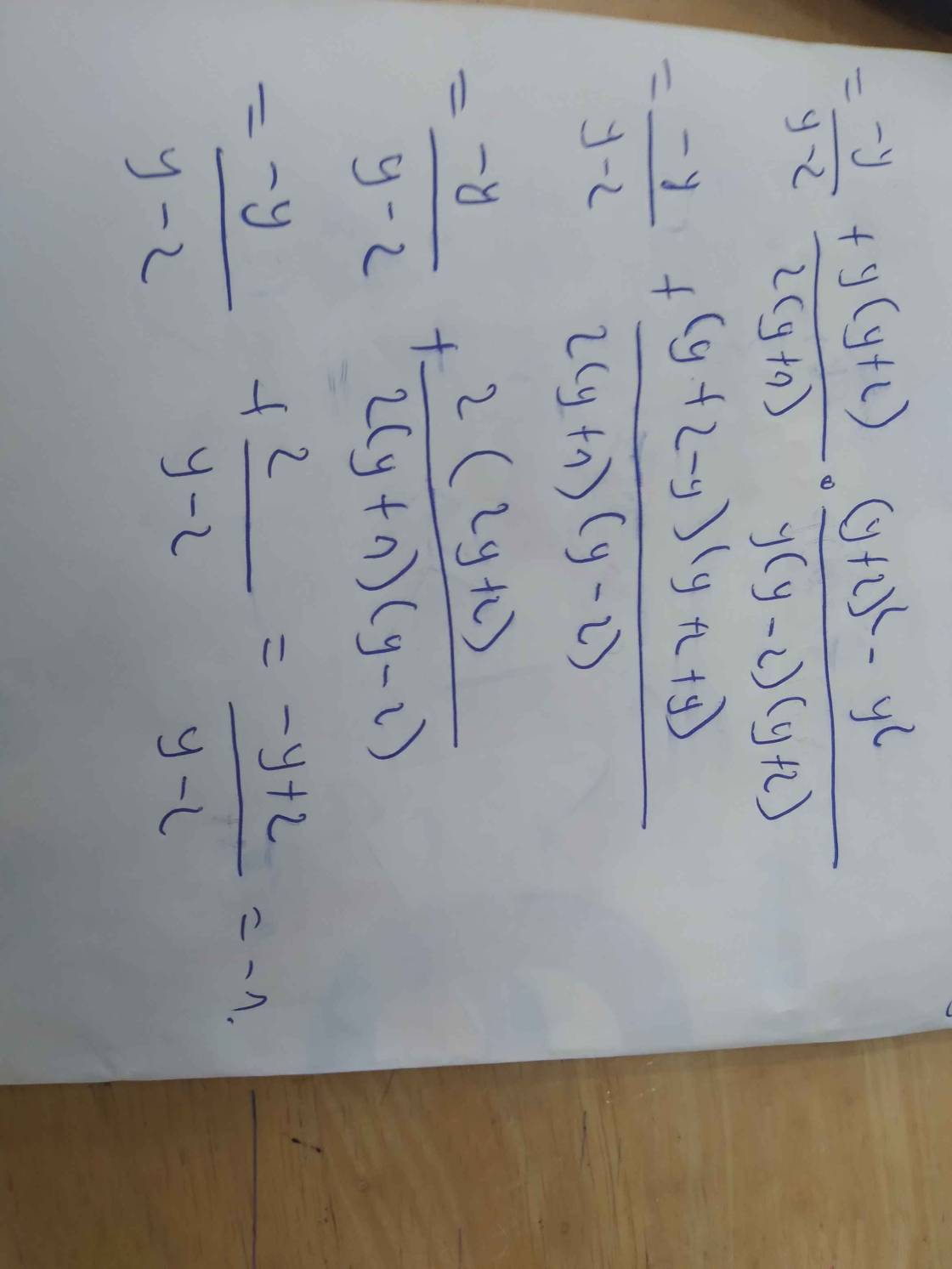
ĐKXĐ: \(x\notin\left\{3;-3\right\}\)
\(\dfrac{4}{x-3}+\dfrac{2}{x+3}\)
\(=\dfrac{4\left(x+3\right)+2\left(x-3\right)}{\left(x-3\right)\left(x+3\right)}\)
\(=\dfrac{4x+12+2x-6}{\left(x-3\right)\left(x+3\right)}=\dfrac{6x+6}{\left(x-3\right)\left(x+3\right)}\)